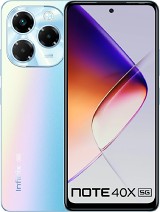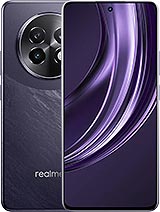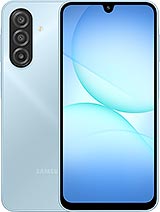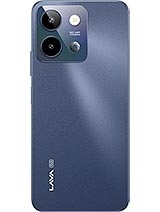Infinix Hot 60 alternatives
Tap above to see alternatives.
Redmi 13C 4G alternatives
Tap above to see alternatives.
Infinix Hot 60
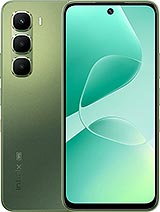
Infinix Hot 60
-
Dimensity 7020
6 nm
-
5200 mAh
18W
-
6.7"
720 x 1600 pixels
-
50 MP
1440p@30fps
- Specs
Redmi 13C 4G
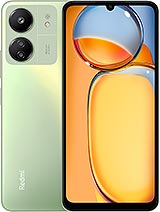
Redmi 13C 4G
-
Helio G85
12 nm
-
5000 mAh
18W
-
6.74"
720x1600 pixels
-
50 MP
1080p@30fps
- Specs
2x2.2 GHz Cortex-A78
6x2.0 GHz Cortex-A55
2x2.0 GHz Cortex-A75
6x1.8 GHz Cortex-A55
6GB 128GB (eMMC 5.1)
8GB 128GB (eMMC 5.1)
4GB 256GB (eMMC 5.1)
8GB 256GB (eMMC 5.1)
f/1.6, (wide), AF
+1 unspecified camera
f/1.8, 28mm (wide), PDAF
2 MP
f/2.4, (macro)
0.08 MP
(auxiliary lens)
1080p@30/60/120fps
f/2.0, (wide), 1/4.0"
f/2.0
SIM1: Nano, SIM2: Nano
SIM1: Nano, SIM2: Nano
9 5G bands
n1, n3, n5, n8, n28, n40, n41, n77, n78
In this performance comparison, the Infinix Hot 60 with its Mediatek Dimensity 7020 (6nm) performs better than the Redmi 13C 4G with the Mediatek Helio G85 (12nm), thanks to superior chipset efficiency.
Redmi 13C 4G launched with Android 13 and will receive updates, while Infinix Hot 60 has no confirmed OS update information. Both phones are expected to receive security updates until around 2027.
Both Infinix Hot 60 and Redmi 13C 4G use LCD screens. In terms of smoothness, Infinix Hot 60 offers a higher 120 Hz refresh rate, ensuring fluid scrolling and animations. Infinix Hot 60 also boasts a brighter screen with 700 nits of peak brightness, enhancing outdoor visibility. Both phones have the same screen resolution.
Infinix Hot 60 comes with a larger 5200 mAh battery, which may offer longer usage on a single charge. Both devices support the same wired charging speed of 18W.
Infinix Hot 60 includes an IP64 rating, while Redmi 13C 4G lacks an official IP rating.
¹ Scores can vary even with the same chipset due to RAM, thermals, and software optimization.


